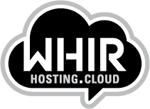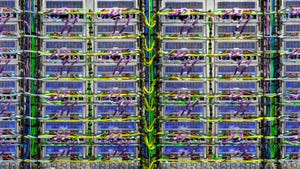South Korea, Hong Kong Provide Fastest Internet Speeds: Akamai Report
The global average internet connection speed increased by 21 percent from the first to the second quarter of 2014, according to Akamai’s newly released State of the Internet Report.
October 6, 2014


logo-WHIR
This article originally appeared at The WHIR
The global average internet connection speed increased by 21 percent from the first to the second quarter of 2014, according to Akamai’s newly released State of the Internet Report. The average speed passed the common definition of “broadband” for the first time, reaching 4.6 Mbps.
The US increase was described as “modest to strong,” as 4k video readiness, meaning a 15 Mbps connection, more than doubled in 39 states, though actual broadband adoption rates grew in only half of US states.
High speed content streaming has become a huge proportion of internet traffic as well as a political issue as the FCC considers regulating net neutrality and internet slow lanes. The FCC also issued a mixed report on telecom’s connection speeds in practice compared to as advertised in June in the midst of conflicts about bandwidth prioritization and accusations of throttling involving some of the same companies.
According to the report, “all of the top 10 states had average connection speeds above the ‘high broadband’ of 10 Mbps threshold, as did 19 additional states across the country. The quarter-over-quarter trend was overwhelmingly positive, with four additional states joining Delaware, Washington, and Connecticut in having quarterly growth rates of 10 percent or more.”
South Korea maintained its status with the top fastest average speed of any country, while Hong Kong’s average speed moved into second at 15.7 Mbps, followed by Switzerland and Japan. The average speed in the US was 11.4 Mbps, 14th in the world.
Apple Mobile Safari continued to lead mobile traffic according to the report, with 49 percent of requests on all networks, and 36 percent on cellular networks.
Among notable security observations, Port 80 past Port 445 as the most targeted by attack volume for the third time since Akamai began issuing reports in 2008. Attack traffic in Indonesia more than doubled to 15 percent, while China continued to lead attack traffic with 43 percent.
The report also examines changes to the threat landscape such as the Heartbleed vulnerability. Its next report will likely include Shellshock, which Akamai itself has raced to deal with.
This article originally appeared at: http://www.thewhir.com/web-hosting-news/south-korea-hong-kong-provide-fastest-internet-speeds-akamai-report
About the Author
You May Also Like

.jpg?width=300&auto=webp&quality=80&disable=upscale)





